
Overview
FreshStart Recovery - Donner House is an mental health treatment center that provides inpatient and outpatient treatment for men between 18 and 65+ years of age. As part of their special programs, FreshStart Recovery - Donner House treats clients with co-occurring mental and substance use disorders and persons 18 and older with serious mental illness (smi). To help patients achieve sobriety, FreshStart Recovery - Donner House provides intake assessments. Afterward, patients receive couples/family therapy, group counseling, and cognitive behavioral therapy during treatment. FreshStart Recovery - Donner House is located in Phoenix, Arizona, providing treatment for people in Maricopa County, accepting medicaid, state-financed health insurance plan other than medicaid, and ihs/tribal/urban (itu) funds.
FreshStart Recovery - Donner House at a Glance
Payment Options
- Medicaid
- State-financed health insurance plan other than Medicaid
- IHS/Tribal/Urban (ITU) funds
- Cash or self-payment
Assessments
- Screening for tobacco use
- Comprehensive mental health assessment
- Comprehensive substance use assessment
Age Groups
- Young adults
- Adults
- Seniors
Ancillary Services
- Case management service
- Court-ordered outpatient treatment
- Diet and exercise counseling
- Education services
- Family psychoeducation
Highlights About FreshStart Recovery - Donner House
6.74/10
With an overall rating of 6.74/10, this facility has following balanced range of services. Alcohol Rehabilitation: 8.00/10, Drug Rehab and Detox: 6.00/10, Insurance and Payments: 6.00/10, Treatment Options: 6.97/10.-
Alcohol Rehabilitation 8.00
-
Treatment Options 6.97
-
Drug Rehab and Detox 6.00
-
Insurance and Payments 6.00
Treatment At FreshStart Recovery - Donner House
Treatment Conditions
- Alcoholism
- Mental health treatment
- Substance use treatment
- Co-occurring Disorders
Care Levels
- Hospital inpatient treatment
- Partial Hospitalization Program
- Outpatient
Treatment Modalities
- Couples/family therapy
- Group counseling
- Cognitive behavioral therapy
- Dialectical behavior therapy
- Integrated Mental and Substance Use Disorder treatment
Ancillary Services
Additional Services
- Pharmacotherapies administered during treatment
- Housing services
- HIV testing
Special Programs
- Clients with co-occurring mental and substance use disorders
- Persons 18 and older with serious mental illness (SMI)
Get Help Now
Common Questions About FreshStart Recovery - Donner House
Contact Information
Other Facilities in Phoenix
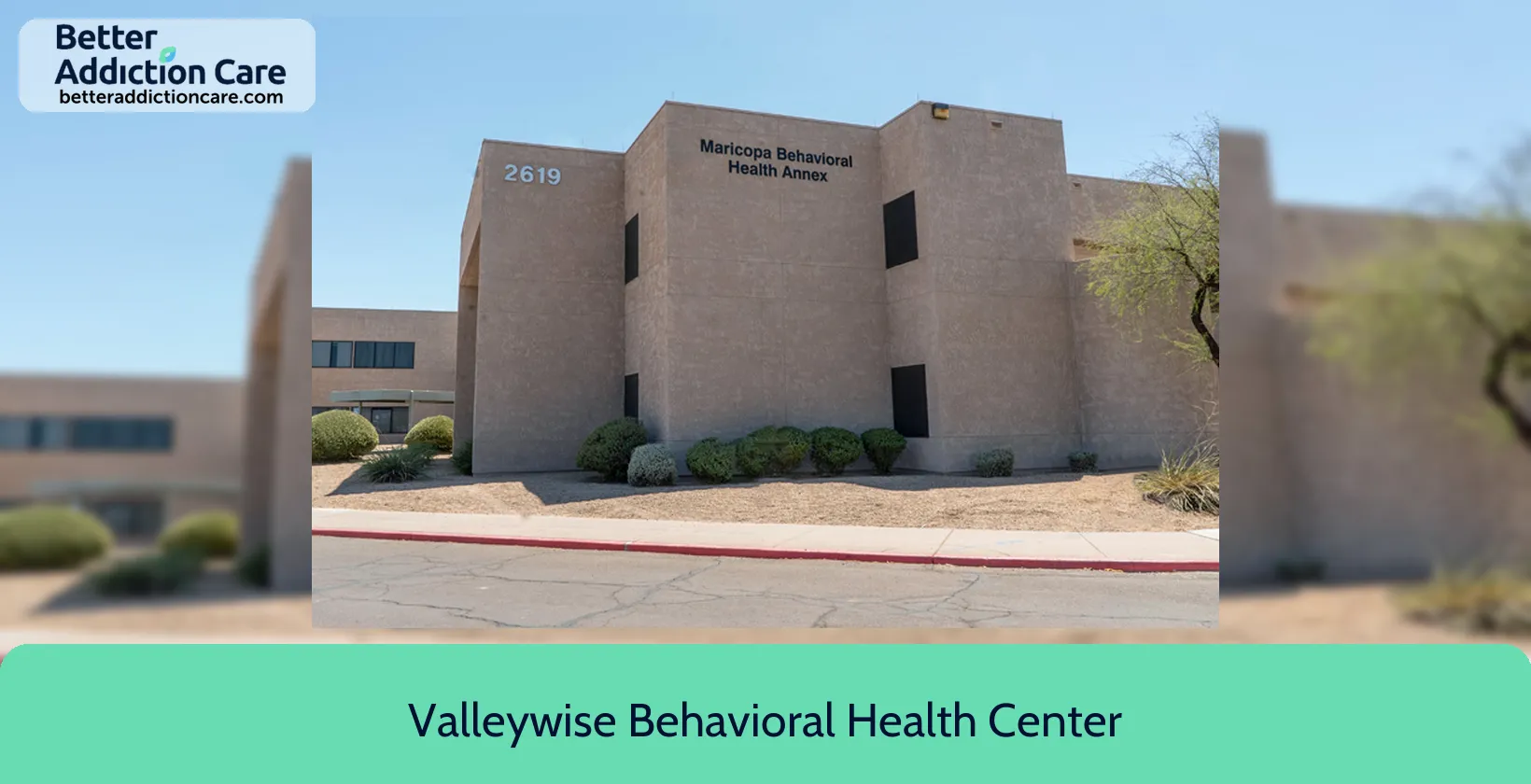
6.68
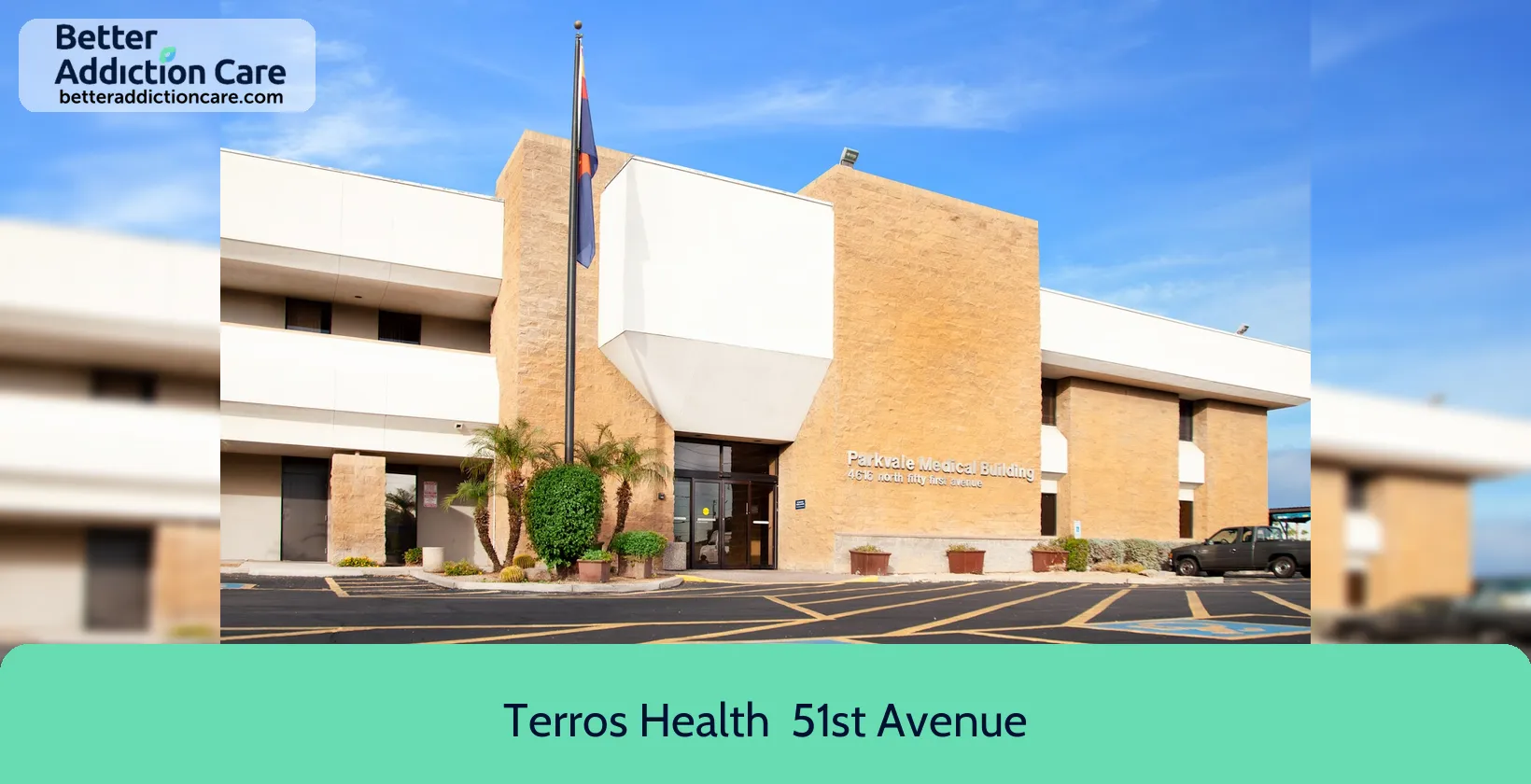
6.65
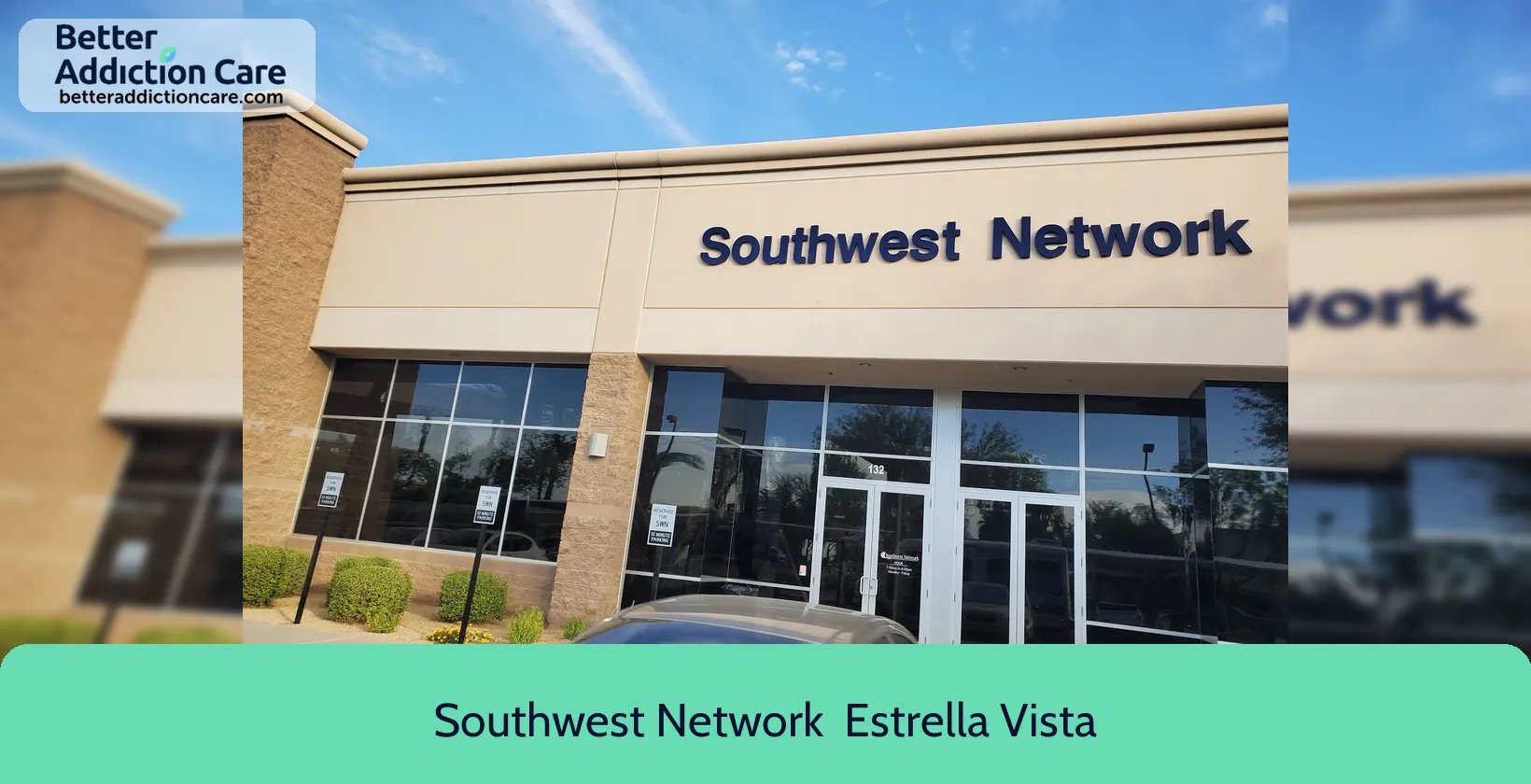
6.62

6.59

7.21

7.43
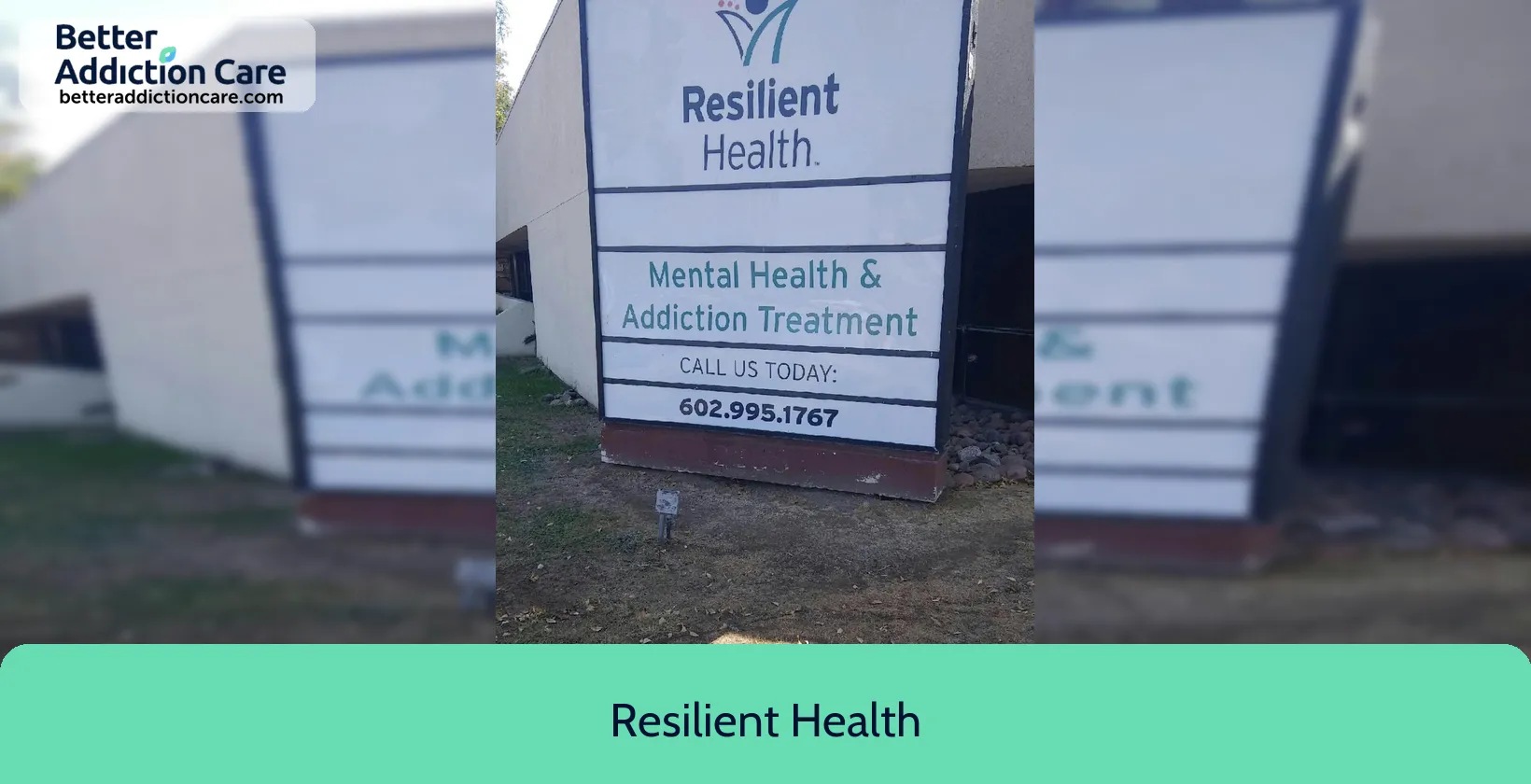
6.71
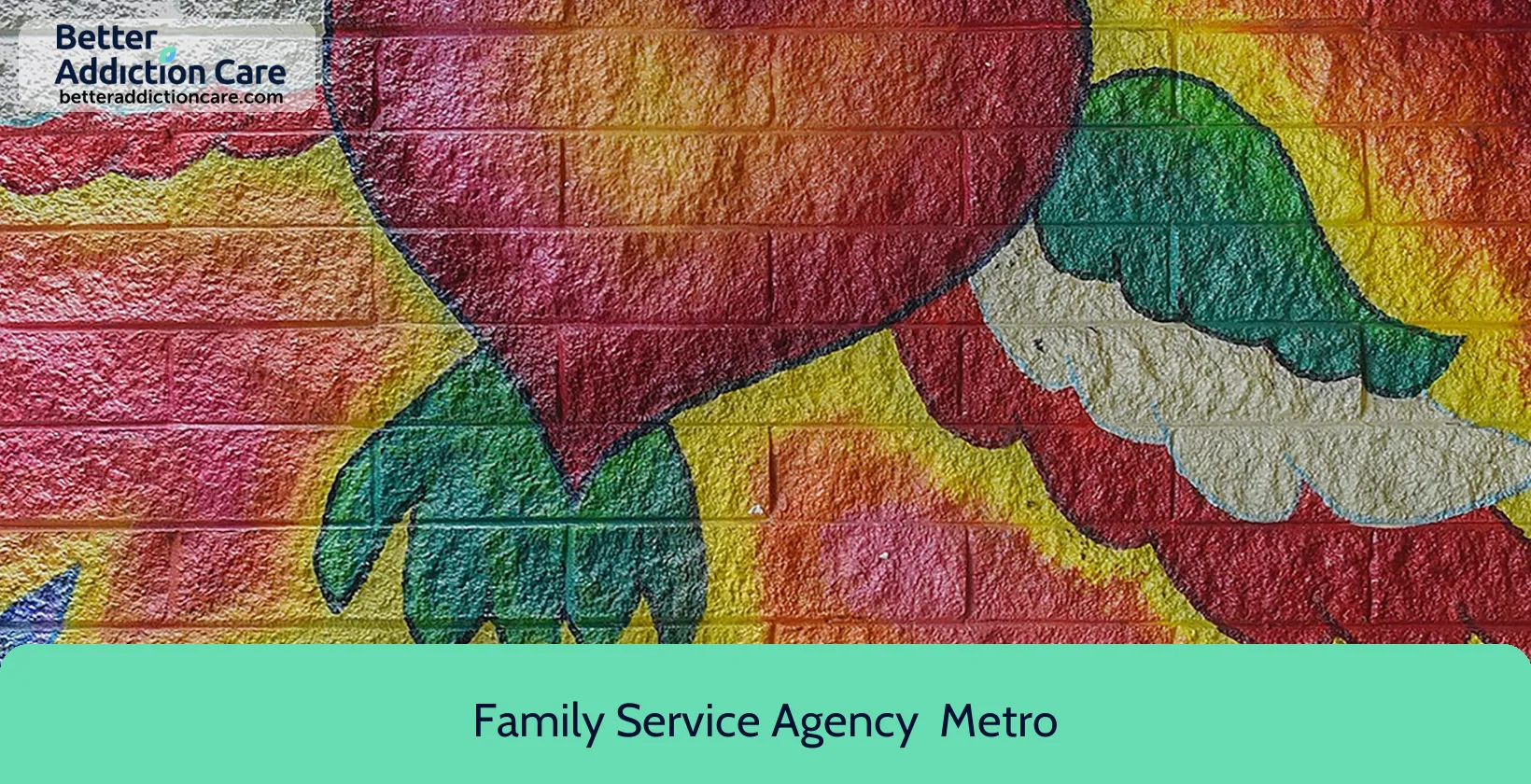
7.14
DISCLAIMER: The facility name, logo and brand are the property and registered trademarks of Family Service Agency - Metro Site, and are being used for identification and informational purposes only. Use of these names, logos and brands shall not imply endorsement. BetterAddictionCare.com is not affiliated with or sponsored by Family Service Agency - Metro Site.
